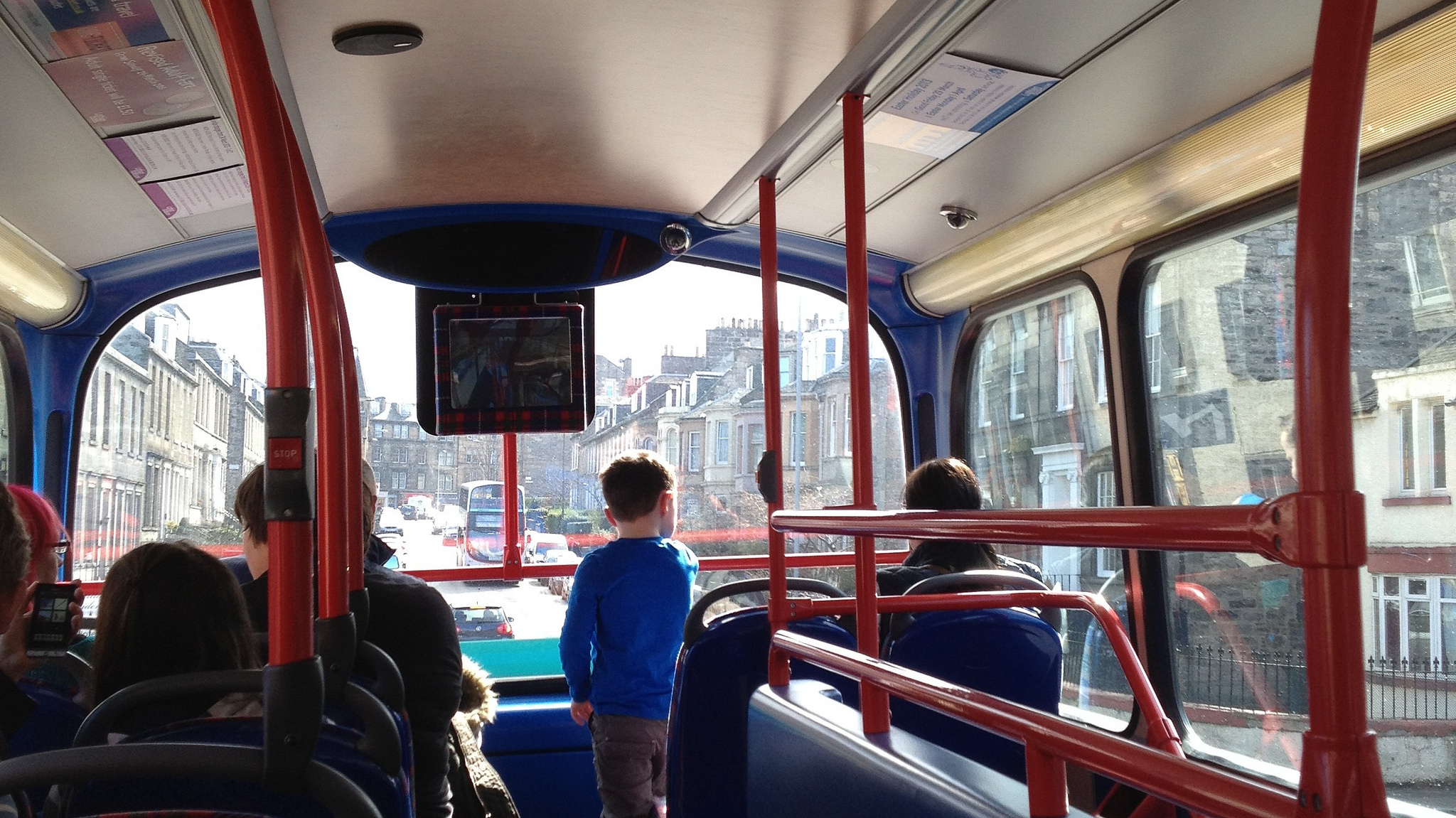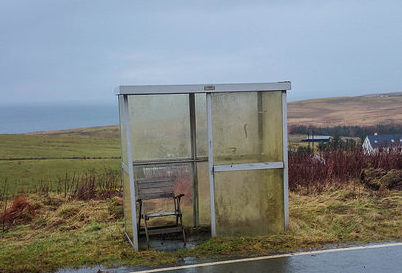
We need better buses
In the last five years:
- Journey numbers have dropped 8%
- Bus fleet sizes have decreased by 10%
- There are fewer staff employed in the bus sector.
This is a snapshot of a much longer trend downwards for bus passengership in Scotland.
Why are buses in Scotland so bad?
There are a few reasons for the decline in the standard of our bus services and the breadth of the network. The prioritisation of cars leads to road congestion, and lengthy or unpredictable bus journey times. High prices. Services which stop or change without any notice. Buses which don’t provide a good passenger experience.
As a result, people are being cut off from being able to access basic services, or being forced into car ownership. This means more emissions, more pollution, and more traffic accidents. An affordable, accessible, reliable bus network is essential for tackling climate change and reducing inequality.
Lothian Buses in Edinburgh, as a publicly owned operator, is one of the only bus operators to be bucking the downward trend.
We want councils and communities to have greater control over how, when, and where bus services operate. This means greater regulation of buses.
Publicly-owned buses
At present, bus operators can run services wherever they choose to, and the results are not always very well coordinated. On busy routes, there might be several companies competing for passengers. On quieter routes, services are being cancelled. We want councils to start up public bus companies, which put the needs of passengers and communities first.
We campaigned for councils to have powers to run their own services, so that communities are not left to rely on a profit driven transport system The campaign, with the Get Glasgow Moving campaign, Haud the Bus campaign, Unite Community, Unison, We Own it, and many thousands of you who took part, was successful. The Transport (Scotland) Act 2019 contains the powers we need. Now we need councils to use them.


Why we need Better Buses
Nine reasons why bus reform is desperately needed
Free bus travel is an idea which is spreading rapidly and growing in popularity. MSPs should commit to making it happen in Scotland in this Parliament.
Read the blog